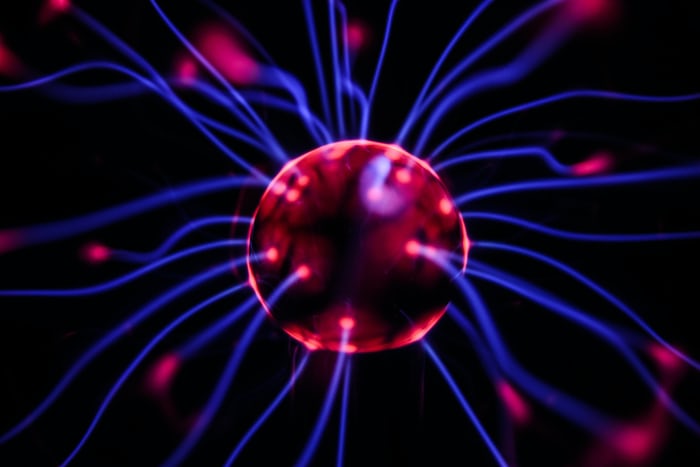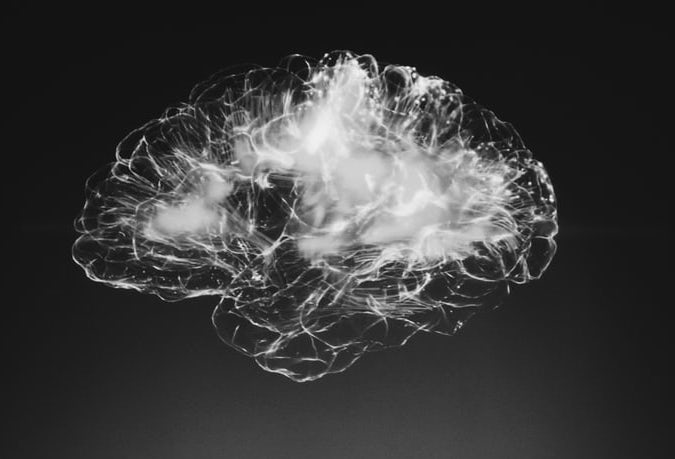As we search for ways to improve our health, we often focus on the physical components of our well-being: watching what we eat and regular exercise helps control our waistline and reduces the risk of so many different types of disease. But what else does physical activity do for us? The other health benefits we gain from simple bouts of movement throughout our day may be just as important as the physical benefits, if not more so.
We Move for Our Minds
Moving our bodies and engaging in some form of light, moderate physical activity exercises our brain in ways we never imagined. And, training the body and brain health are absolutely connected. While the brain is the epicenter of control for the body, the body also has a direct impact on the functionality and health of the brain. Research repeatedly shows that engaging in regular exercise can reduce anxiety and depression, improve mood, boost self-esteem, minimize stress, and enhance cognitive function. So, moving your booty makes it “tighter,” makes you happy, AND makes you smart!
Even just small amounts of activity increases blood flow to the brain, “clears the head,” helps with intellectualization, decision making, and serotonin reuptake (the feel-good hormone).
Five Reasons to Move for Mental Health Right Now:
- Increased Brain Size: Movement stimulates the facilitation of new growth connections in the brain, as well as improves the health of existing neurons. The neurotrophic factor hormone releases during exercise and promotes the regions of the brain associated with memory, reasoning, and learning.
- Memory Loss Prevention: As oxygen circulates throughout the body and the brain from physical movement, increased blood flow leads to better mood and increased functionality, in addition to greater memory.
- Sleep Improvement: Exercises increases the quality of sleep patterns, as well as the quantity of sleep. Exercise also leads to greater periods spent in the restorative stage of sleep, which helps to manage the immune system, and stress and anxiety initiated in the brain.
- Reduction in Anxiety and Depression: Physical activity has an anti-anxiety effect on the brain by the activation of the GABA neurotransmitter associated with stress. Regular activity is most often prescribed as a part of a mental health program to decrease and prevent depression.
- Boost in Mood: Chemical factors like dopamine, serotonin, and norepinephrine are trigged when our heart rate rises, and endorphins begin to kick in. This is all associated with improved mood and stress reduction. So, while you might not necessarily feel depressed, on the days when you’re feeling a little down and less than motivated, a quick walk around the block to release some endorphins will do your body and your brain good!
Thus, as we continue to search for “optimal” wellness in our lives, we need to think beyond the body and consider all the things we can and should do to support our brain health.





